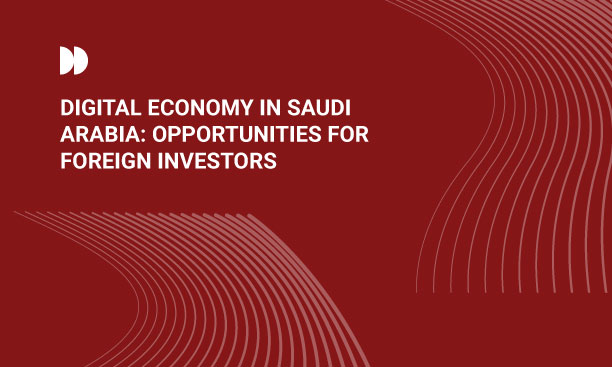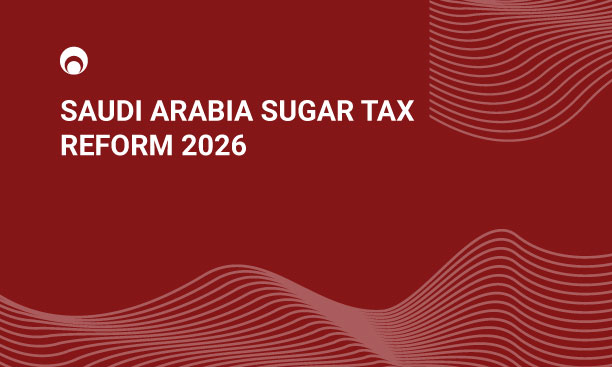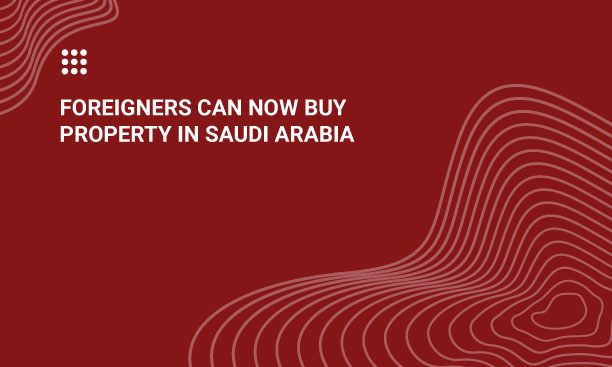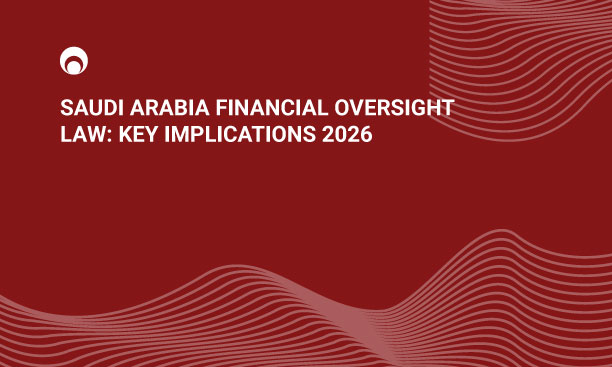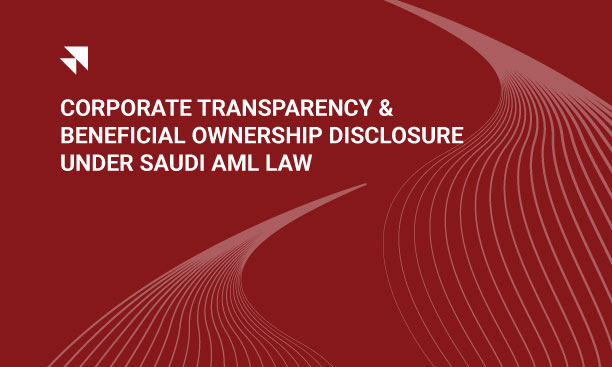Saudi Arabia is rapidly emerging as a digital powerhouse. The Kingdom is moving away from being dependent on oil and toward becoming a strong, digitally empowered economy through the Agenda of Vision 2030. This transformation brings enormous opportunities to foreign investors in areas such as data, AI, platform services, fintech, and digital infrastructure.
A booming digital economy
The digital economy of the country keeps growing at a very impressive pace. In 2023, it contributed 15.6% to the national GDP, up from 14% the previous year-a clear sign of how deeply digitalization is shaping Saudi Arabia’s economic landscape.
The digital sector is expected to be valued over SR 495 billion (about USD 132 billion) in 2024, which represents approximately 15% of national GDP. Its core composition includes not only the core digital industries themselves but also those adopting digital tools or providing digital-based services.
Still, the Saudi government is injecting massive funds into this transformation, investing over SR 55 billion into AI and data center infrastructure to increase national data capacity by nearly 42%. In 2024 alone, the local digital and communications market generated over SR 180 billion.
Key investment themes in the digital economy
Some of the high-impact areas that can be tapped by foreign investors include:
- Data centers and cloud infrastructure: Saudi Arabia is becoming an attractive destination to big international cloud vendors. An example is AWS, which has declared its intention to invest more than USD 5.3 billion in developing a region in Saudi with data centers.
- Artificial Intelligence and analytics: AI is being a subject of national strategy. However, its current share remains small (around 1 percent of the existing digital GDP), but the future perspective is immense.
- Open source: Digital government, urban infrastructures, IoT, smart cities can be scaled to business despite being in its infancy.
- Fintech, digital payments, and platforms: In the context of increasing the adoption of cashless payments and digital commerce, the necessity of secure platforms is increasing.
- Digital transformation and SaaS models: Assisting existing companies, governmental structures, and organizations in their digital uptake, process automation and cloud migration.
Regulatory & institutional environment
Saudi Arabia has amended the investment law in order to minimize bureaucratic obstacles. Numerous forums of the digital economy today do not need sectoral licensing but only registration with the ministry of investment (MISA). Nevertheless, some of the regulated services (e.g. telecommunication or spectrum use) require regulation and special permission.
Among these regulatory bodies are communications regulatory bodies, data protection and infrastructure protection agencies (cybersecurity regulators), and digital governance regulatory bodies. Adherence is needed to be operated safely and sustainably.
Additional Insight: Industrial uplift via digital integration
Digital transformation does not apply to such firms only. Saudi Arabia is implementing digital devices throughout the industries. The effect on productivity is immense. The leadership of Aramco believes that the use of digital can boost the productivity of the industries by 15 to 25 percent. This implies that the investments in the digital economy may also have multiplier effects. For example, it subsidizes manufacturing, logistics, energy, and supply chain efficiency.
Moreover, with the digitalization of traditional industries, the demand of digital services is increased at a higher level. This includes analytics, automation, and IoT. This trend opens more opportunities to investors.
Risks & strategic advice
- Sector restrictions remain: areas tied to national security, media, or defense are still tightly regulated.
- Regulation shifts: policies in the digital economy evolve — staying updated is critical.
- Talent & localization: Saudization rules (requiring Saudi employees) can limit hiring flexibility; investing in training is crucial.
- Competition & procurement: government contracts are lucrative but competitive — understanding tender portals (e.g. Etimad) is necessary.
- Security & compliance risk: non-compliance with cybersecurity or data rules can lead to legal penalties or bans.
For expert legal assistance with investment procedures, company formation, or international document authentication, contact our team at info@ahysp.com. Our qualified legal professionals will ensure swift, compliant, and secure notarization—online or in person.
Frequently Asked Questions
Yes — in most digital sectors, 100 % foreign ownership is permitted, except in fields designated as sensitive or restricted.
Not always. Many digital activities only require registration. But for regulated services like telecom or spectrum-dependent services, you still need permits from relevant authorities.
While regular corporate taxes apply, the government offers incentives in strategic sectors and supports impactful technology projects under special schemes.
Over SR 55 billion has been invested in AI and data center infrastructure, contributing to a ~42 % capacity increase.
